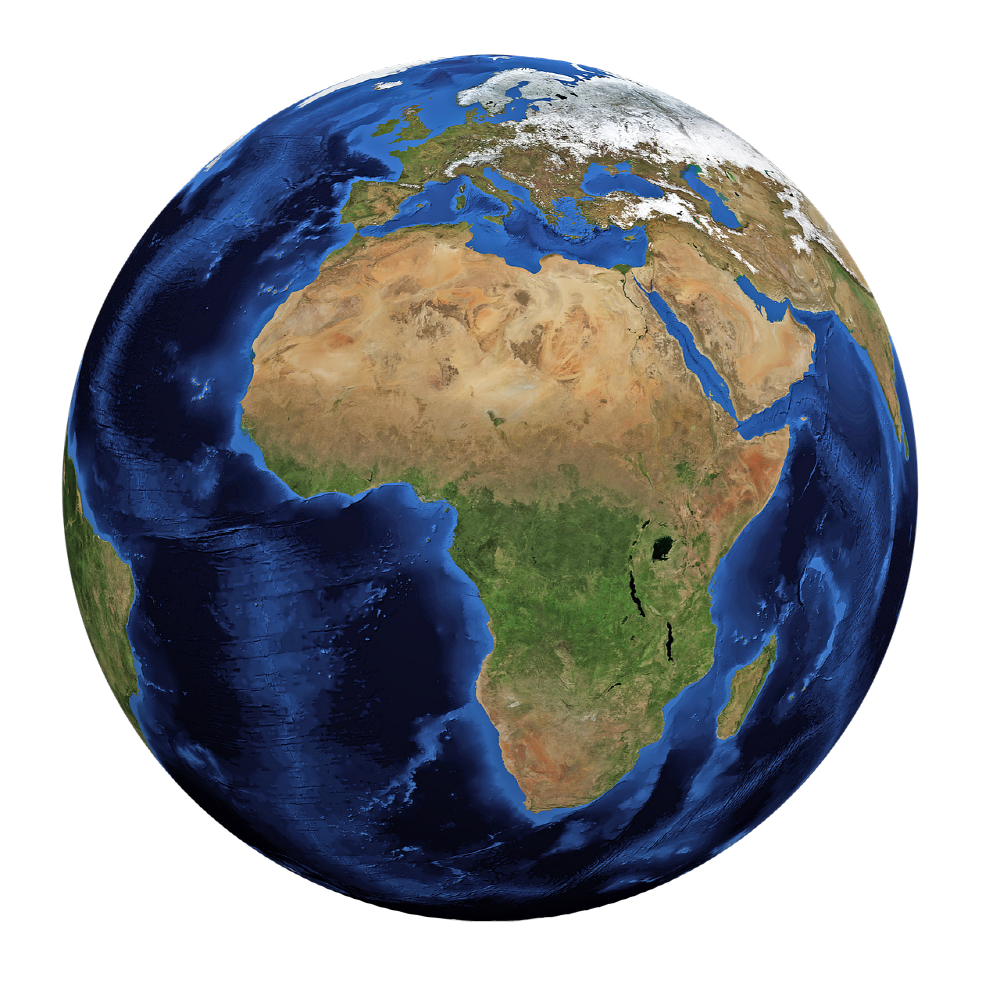
Free Trade Agreement on the African Continent The AfCFTA is an agreement to form a free trade right that eliminates obstacles such as tariffs between member states of the African Union. If AfCFTA is successful, a $3.4 trillion economy with a population of 1.3 billion will be created. It is also the largest free trade right since the establishment of the World Trade Organization. For this reason, attention is focused on whether AfCFTA will become a game changer that will change the African economy.
During the AU Summit held in Niger on July 7 (local time), Nigeria and the Republic of Benin signed AfCFTA. Accordingly, 54 of the 55 AU members, excluding Eritrea, have expressed their participation in AfCFTA.
The participation of Nigeria, Africa’s largest economy, will further strengthen the influence of AfCFTA. AU Commission Chairman Moussa Faki Mahamat also said that the Nigerian signature was a historical moment in AfCFTA. Egypt’s President and AU Chairman Abdel Fatah Elsisi said at the opening ceremony of the summit that the eyes of the world are facing Africa.
AfCFTA is expected to strengthen the trade and supply chain between Africa while boosting the continental economy and strengthening the bargaining power of Africa as a whole on the international arena. AfCFTA is expected to be operational from July 2020.
As of 2017, AU intra-regional trade accounted for only 17% of all trade in African countries. Compared to 59% in Asia and 69% in Europe, it can be seen that trade between geographically close Africa is poor. AfCFTA aims to increase trade between Africa by eliminating tariffs. However, economic experts point out that there are still many obstacles to the formation of free trade zones, such as the existence of countries with poor road and rail networks and political instability, strict border management and the spread of corruption.
Nevertheless, if tariffs are eliminated on almost all products, AU intra-regional trade is expected to increase by 15-25% in the medium term. However, the International Monetary Fund’s IMF argues that the elimination of tariffs alone is not enough, and insisting that AU trade in the AU region will double as much as other problems in the AU region are resolved.
Almost all countries have expressed participation in the AfCFTA, but in fact, only half of the countries have ratified domestic approval. One of the reasons the negotiations are not going well is that the benefits of participating in AfCFTA differ from country to country. For example, in countries such as Nigeria, where various industries have not developed due to a high dependence on oil exports, the benefits of participation in AfCFTA are less. Nigerian authorities are concerned that the participation in AfCFTA will lead to a sharp increase in domestic low-cost products and that the domestic manufacturing industry will be hit hard in an already difficult situation. On the other hand, in places like South Africa, where the manufacturing industry is the most developed in Africa, it is highly likely to expand export markets at once and enjoy great benefits.
Also, the difference in the size of each country’s economy is one of the factors complicating the AfCFTA negotiations. Nigeria, Egypt and South Africa account for more than 50% of Africa’s total GDP. Experts say AfCFTA’s involvement by almost all countries, including Nigeria, is a positive step in itself, but in reality there is still a long way to go before the free trade zone is successful. Related information can be found here .

